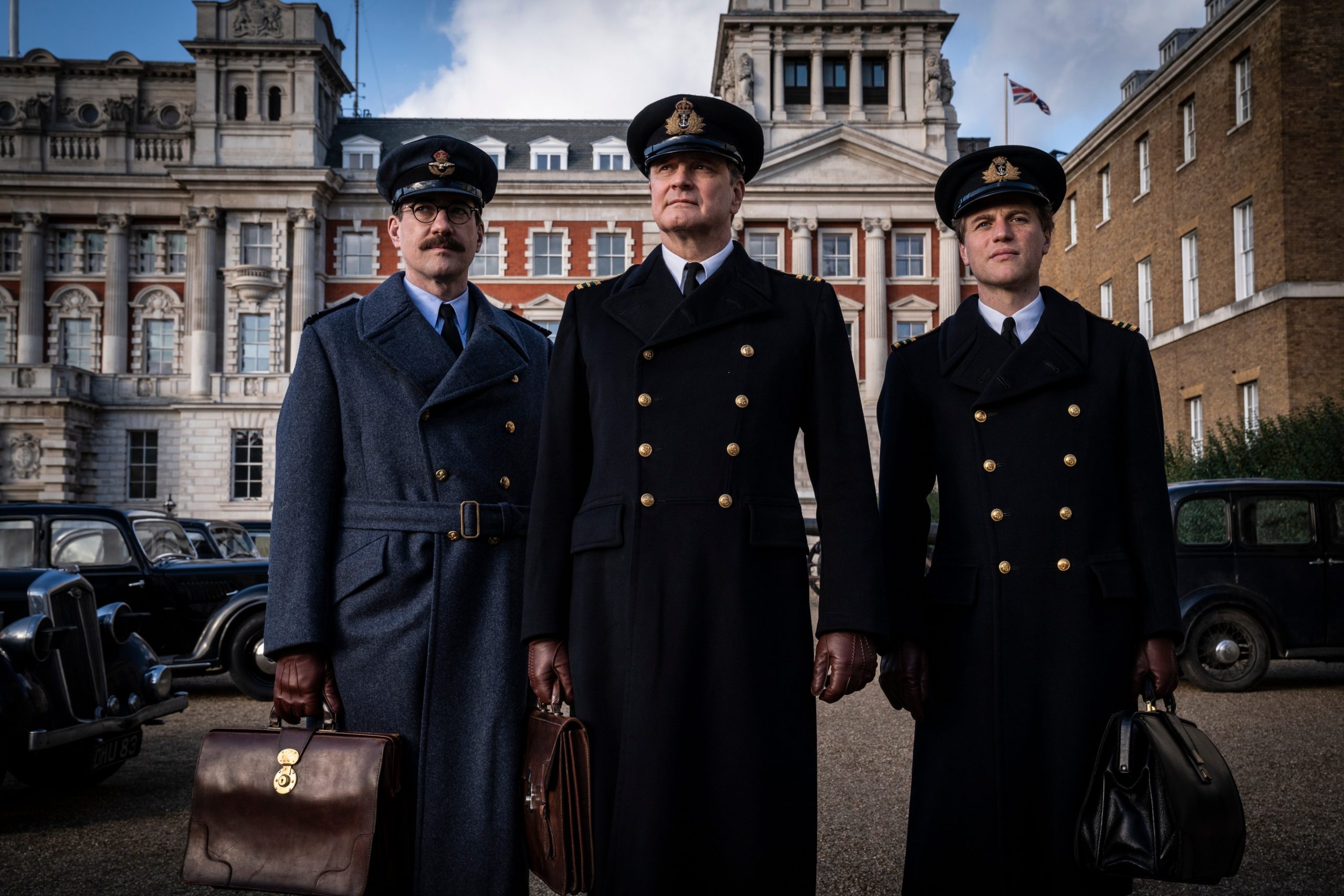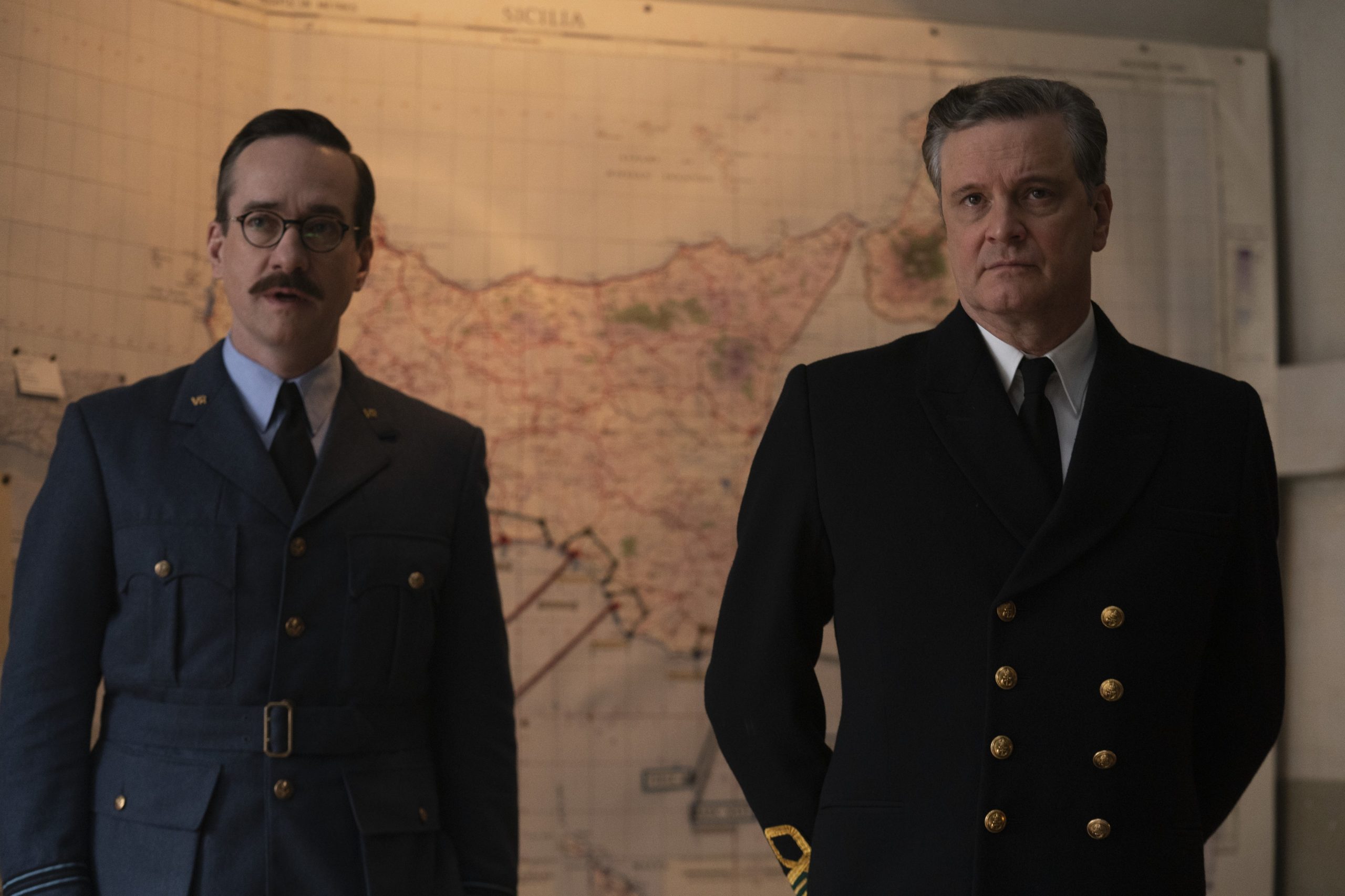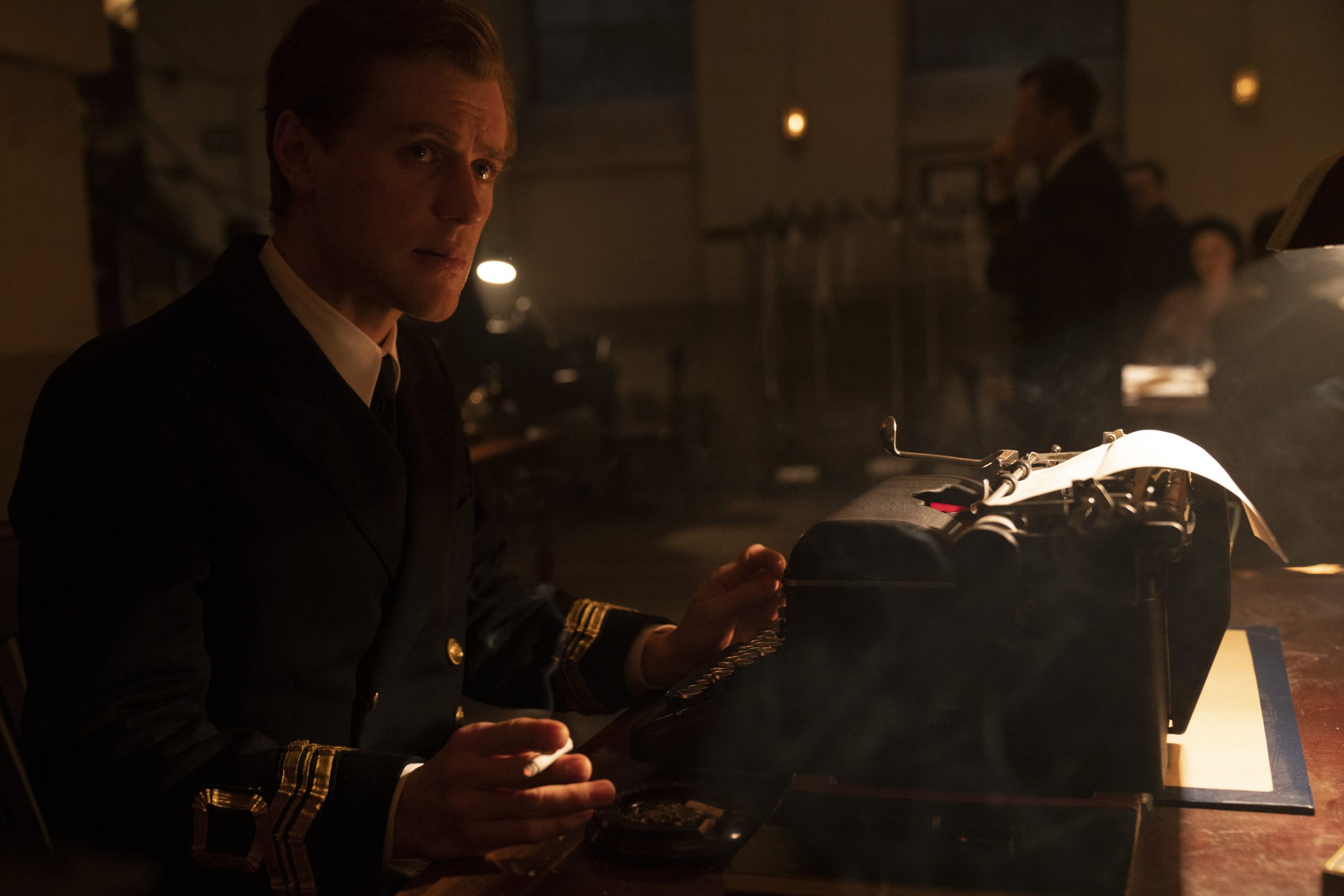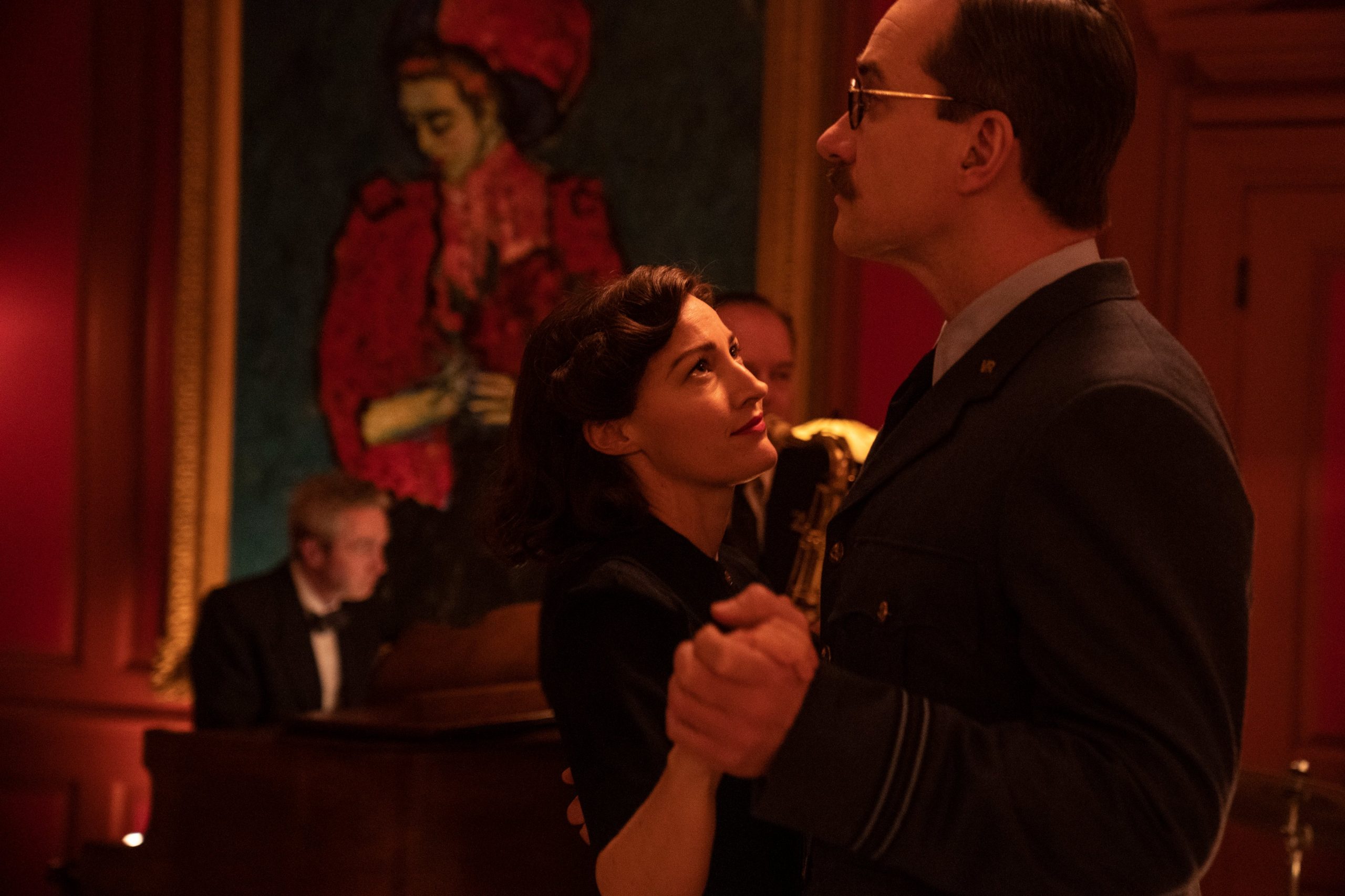
★★★☆☆
Colin Firth is a reliably great presence in this worn, dated war film that does nothing new or exciting.
Truth really is often stranger than fiction, and that certainly is the case with Operation Mincemeat, the real-life tale of a deranged, silly plan that somehow saved the free world. It doesn’t actually involve any mincemeat, but a corpse instead, so we’re on jolly ground here, which is why it’s such a shame the film adaptation isn’t that thrilling.
Colin Firth is Ewen Montagu, a British judge and Naval officer and all around distinguished gentleman, who together with Matthew MacFadyen’s awkward, proper-to-a-fault Charles Cholmondeley come up a fantastical plan to fool Hitler and the Nazis to believe Britain is invading Greece, when in fact the forces are going to be taking back Sicily.
Somehow, Churchill signs off on a plan to send a corpse to the beaches of Spain, carrying top secret papers laying out British plans, all fabricated, of course.

What follows is nearly two hours of planning as the men attempt to find a suitable corpse and invent a detailed identity for him. If it all sounds a bit dry, it’s because it is. There is plenty of warmth and a sprinkle of humour in Operation Mincemeat, but it never transforms into an interesting film.
Operation Mincemeat does include more handjobs than you’d expect, so make of that what you will.
The cast lend likeability to it though. Firth is always a welcome addition to any film and MacFadyen excels as Cholmondeley, but Johnny Flynn as Ian Fleming is far too fleeting of a presence to leave an impression of any kind. He mostly strolls in and out of scenes with a cigarette hanging from his lips and there’s an infuriatingly pointless reference to Fleming’s future work towards the end. Namedrops don’t maketh a film.
Operation Mincemeat feels like a film you watch on the telly on a Sunday evening after a roast dinner, with a cup of tea in hand, maybe a few cheeky biscuits. Despite considerable star power, it never feels cinematically satisfying.
Director John Madden directs the film without vision or inspiration; the film lacks any kind of edge and while it’s nowhere near as serious as you’d expect it to be, it’s not particularly funny or fun either. That being said, Operation Mincemeat does include more handjobs than you’d expect, so make of that what you will.

There is also an undercurrent of tragedy in the film, but it’s not strong enough to allow us to form a proper emotional bond to the characters. Cholmondeley’s brother, a war hero, has died in battle and his mother anxiously waits for Cholmondeley to be able to arrange his body to be brought home.
MacFadyen beautifully communicates Cholmondeley’s insecurities, constantly bubbling under the surface and with tiny, almost minuscule expressions MacFadyen brings those insecurities out.
Similarly, Montagu is going through a separation from his wife and strikes up a gentle friendship with Kelly Macdonald’s Jean, who exchanged her photo to be implanted on the corpse for “a seat at the table.” Their romance never blooms, but the romantic tension and unsaid words between them give Operation Mincemeat a slight sense of sentimentality.
Operation Mincemeat is competently made, the definition of ‘fine’, but it never becomes anything more than the sum of its parts. It’s almost as if it doesn’t exist at all.

It, of course, does exist as I most definitely sat my bottom down on a lush cinema seat to watch it, but I couldn’t tell you many details about it. As soon as I walked into the cold (and windy) light of day, it’s almost as if the film disappeared from my memory.
It’s precisely because of this element of forgettability that ultimately seals Operation Mincemeat’s fate as a bit of disappointment. It’s too proper and nowhere near outrageous as it should be, but it’s familiar and comforting, neither of which are necessarily bad attributes.



